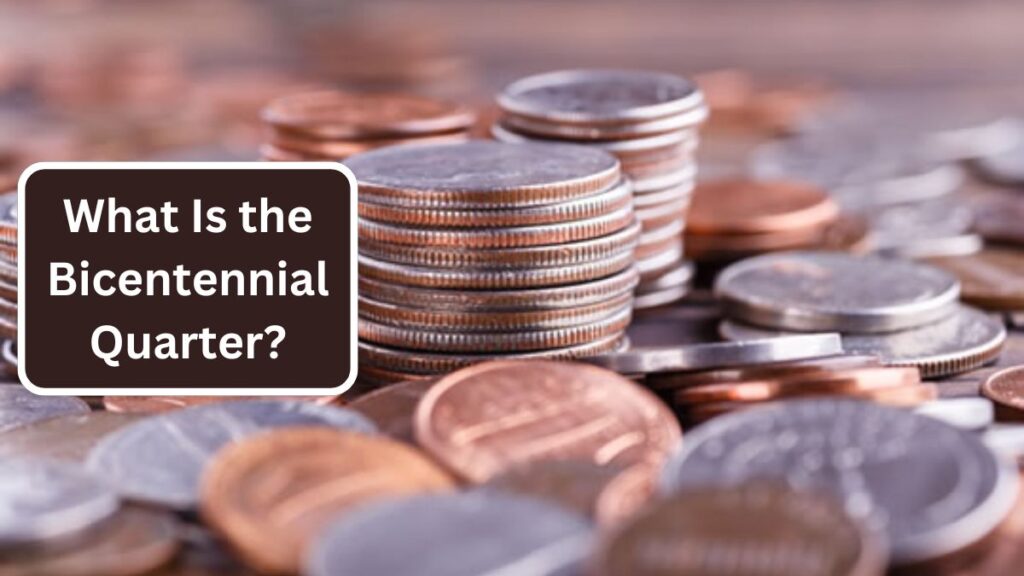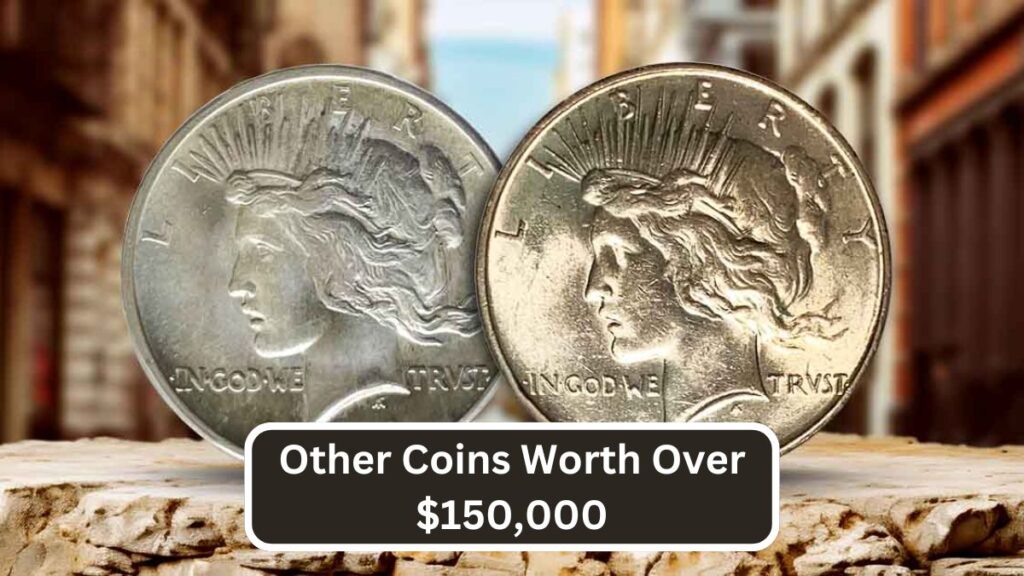Imagine owning a coin that could make you a millionaire! Some rare coins from the past are worth more than anyone would expect. A special Bicentennial quarter is now valued at nearly $10 million. Additionally, there are six other coins that collectors would pay over $150,000 to own. Let’s explore why these coins are so valuable and how you might spot one in your collection.
What Is the Bicentennial Quarter?

The Bicentennial quarter was issued in 1976 to celebrate 200 years of American independence. Instead of the usual design, it features a drummer boy on the back and the years “1776–1976” on the front. While millions of these coins were made, a few rare ones are worth a fortune due to mistakes during production or unique details.
Why Is This Coin Worth $10 Million?
This specific Bicentennial quarter is unique because of a minting error. Such errors happen when something goes wrong during the coin-making process, creating a one-of-a-kind piece. Collectors love these coins because they are rare and have a fascinating history. For example, this $10 million coin may have a double stamp or unusual metal content, making it priceless to enthusiasts.
Other Coins Worth Over $150,000

Apart from the Bicentennial quarter, there are other coins that can fetch a high price:
- 1909-S VDB Lincoln Penny: Known for its rare “VDB” initials, it’s highly sought after.
- 1933 Saint-Gaudens Double Eagle: A stunning gold coin that was never officially released.
- 1943 Copper Penny: Made by mistake during wartime when most pennies were supposed to be steel.
- 1955 Doubled Die Penny: Famous for its double-stamped appearance.
- 2000 Sacagawea Dollar “Cheerios” Coin: Given in a cereal promotion, some have unique features.
- 1913 Liberty Head Nickel: Only five were ever made, making it extremely rare.
| Coin Name | Year | Unique Features | Estimated Value | Why It’s Valuable |
|---|---|---|---|---|
| Bicentennial Quarter | 1976 | Minting error, drummer boy design | Nearly $10 million | Rare minting error and historical significance |
| 1909-S VDB Lincoln Penny | 1909 | “VDB” initials on reverse, limited mintage | Over $150,000 | First-year design with low production |
| 1933 Saint-Gaudens Double Eagle | 1933 | Gold coin, never officially circulated | Up to $7.6 million | Government restrictions and rarity |
| 1943 Copper Penny | 1943 | Made of copper instead of steel | $100,000 to $1 million | Minting error during wartime |
| 1955 Doubled Die Penny | 1955 | Double-stamped date and lettering | $100,000+ | Popular among error coin collectors |
| 2000 Sacagawea Dollar “Cheerios” Coin | 2000 | Enhanced tail feather design | $5,000 to $25,000 | Unique design used for a promotional giveaway |
| 1913 Liberty Head Nickel | 1913 | Only 5 known to exist | $3 million to $5 million | Extremely limited production |
How to Identify Valuable Coins

Finding a valuable coin might sound like winning the lottery, but it’s possible. Here’s what to look for:
- Mint Marks: Small letters on the coin indicating where it was made.
- Errors: Look for mistakes like double stamping, odd metal, or misspelled words.
- Condition: Coins in perfect condition (no scratches or wear) are worth more.
- Year of Minting: Certain years are rarer and more valuable.
Why Are These Coins So Valuable?
Collectors pay high prices for rare coins because they tell a story about history, mistakes, and art. Coins with minting errors or unique designs are especially rare, making them desirable to own. Their value increases over time as they become harder to find.
FAQs
What makes the Bicentennial quarter so valuable?
The $10 million Bicentennial quarter is valuable due to its unique minting error, rarity, and historical significance. Collectors prize one-of-a-kind coins like this, which increases their market value.
How can I identify a valuable Bicentennial quarter?
Check for minting errors like double stamping, unusual metal composition, or other design flaws. Additionally, coins in perfect condition with no scratches or wear are more valuable.
What are some other valuable coins to look for?
Some highly sought-after coins include:
1909-S VDB Lincoln Penny
1943 Copper Penny
1955 Doubled Die Penny
2000 Sacagawea Dollar “Cheerios” Coin
1933 Saint-Gaudens Double Eagle
1913 Liberty Head Nickel
Why do collectors pay so much for rare coins?
Rare coins often have historical significance, unique features, or production errors that make them desirable. Their scarcity and condition drive up demand among collectors, increasing their value.
Where can I sell rare coins?
You can sell rare coins through:
Auctions (e.g., Heritage Auctions, Stack’s Bowers)
Coin dealers or collectors
Online platforms like eBay (with proper appraisal)
Local coin shows or clubs
Rare coins like the Bicentennial quarter and others can be worth millions due to their unique stories, errors, and history. If you have a jar of old coins lying around, it’s worth checking them closely. You might have a hidden treasure waiting to be discovered! Even if you don’t find a million-dollar coin, learning about these valuable pieces is a fun way to connect with history and the art of coin-making.














